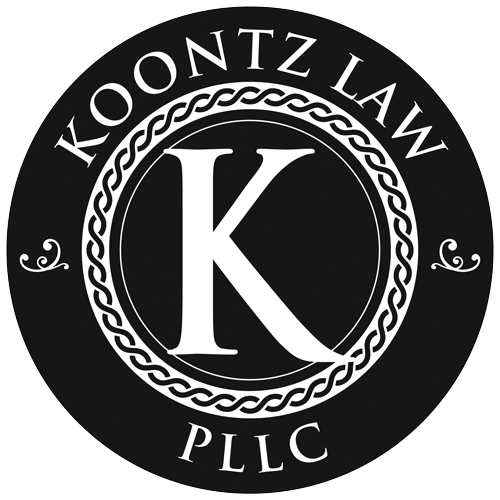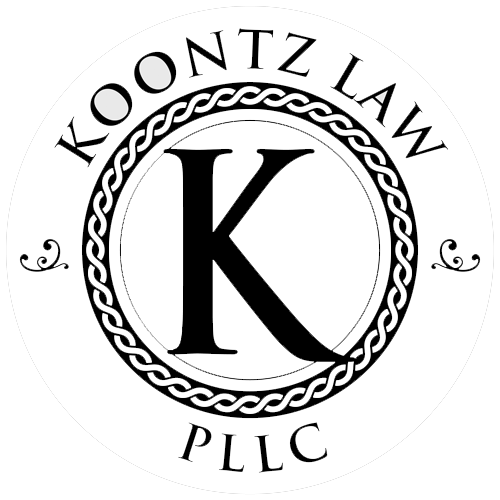Understanding Equitable Distribution: Dividing Assets and Debts During Divorce
Divorce brings significant changes, one of the most challenging being the division of property, assets, and debts accumulated during the marriage. In North Carolina, the process of dividing these assets and liabilities is known as “equitable distribution.” This process isn’t necessarily a 50-50 split but rather a division based on what the court deems fair and just for both parties. If you’re facing divorce in North Carolina, understanding how equitable distribution works can help you prepare for this critical aspect of your proceedings.
What Is Equitable Distribution?
Equitable distribution is the legal process of dividing marital assets and debts between spouses. In North Carolina, marital property is generally divided fairly, though not always equally. “Equitable” means that the court will consider a range of factors to determine what is fair for each spouse, including each party’s financial contributions, economic circumstances, and future needs.
The division applies only to “marital property,” which is all property and debt acquired during the marriage, regardless of which spouse holds the title. Property owned by either spouse before the marriage, or acquired by inheritance or gift, typically remains separate property and is not subject to division. However, if separate property is “commingled” or mixed with marital property, it may be reclassified as marital property.
Key Steps in the Equitable Distribution Process
Classifying Property and Debts
The first step in equitable distribution is identifying each asset and debt as marital, separate, or divisible property.
Valuing Marital Assets and Debts
Once property and debts are classified, each must be valued to ensure a fair distribution. In North Carolina, assets are generally valued as of the separation date. This step may require the expertise of appraisers or financial professionals, especially for complex assets like businesses, real estate, or retirement accounts.
Distributing Property Equitably
After classification and valuation, the court considers various factors to determine a fair distribution of property and debts. Key considerations include:
The court may also consider any other relevant factors to achieve a fair result. This flexibility allows for a customized division that may not always be a 50-50 split but is intended to be equitable for both parties.
Common Types of Marital Property to Be Divided
Understanding which types of property and debt are typically divided can help you prepare for this part of your divorce. Here are some of the most common assets and liabilities that may be subject to equitable distribution in North Carolina:
Preparing for the Equitable Distribution Process
Preparing for equitable distribution requires organization, clarity, and a willingness to work collaboratively or seek legal guidance if needed. Here are a few tips to get started:
Alternative Options: Reaching an Out-of-Court Agreement
While the court can decide how to divide marital property, many couples reach an agreement on equitable distribution outside of court. Negotiating an agreement, with the help of attorneys or a mediator, can save time, reduce legal costs, and allow for a more personalized division based on each party’s preferences.
In North Carolina, couples can submit a signed separation agreement that includes a property settlement to the court. This agreement becomes legally binding and eliminates the need for court intervention, except for approval by a judge. Reaching an out-of-court agreement often leads to more satisfactory outcomes for both parties, especially in cases where cooperation is possible.
The Role of Koontz Law in Your Equitable Distribution Case
At Koontz Law, PLLC, we understand that dividing marital property and debts is one of the most stressful aspects of divorce. Our team is dedicated to guiding you through the equitable distribution process with sensitivity, clarity, and a focus on achieving a fair outcome. Whether through negotiation or court representation, we are committed to advocating for your rights and helping you secure the assets you need to build a stable future.
Moving Forward with Confidence in the Equitable Distribution Process
Navigating equitable distribution in North Carolina requires a clear understanding of the law, meticulous organization, and often, professional guidance. With a focus on fairness, North Carolina’s equitable distribution laws aim to help divorcing couples move forward with a fair division of assets and debts. Preparing thoroughly, knowing your rights, and working with an experienced family law attorney can make this process smoother and give you greater confidence as you approach this significant life transition.
If you’re preparing for divorce and need help understanding equitable distribution, contact Koontz Law today. We’re here to provide personalized guidance and ensure your rights and interests are protected during the division of marital property and debts.











